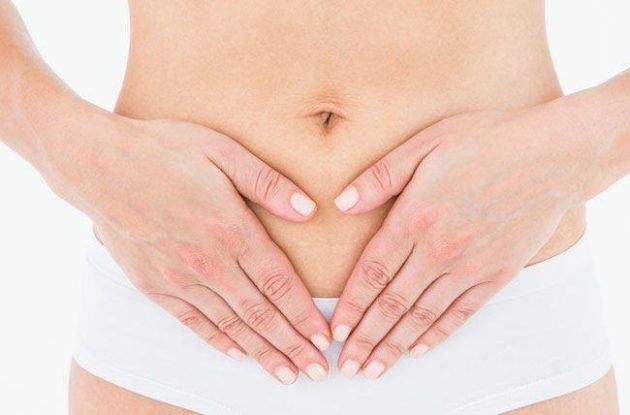Vaginal Itching: the Common Causes
Consultant Gynaecologist Mr Narendra Pisal outlines the common causes of vulval/vaginal itching and irritation:
- Vaginal candidiasis (thrush or yeast infection)
The most common cause of vaginal itching, if it is short term, is vaginal candidiasis. This is a common infection and is associated with whitish curd-like discharge and symptoms of itching. This can be easily treated by taking an oral Fluconazole, a 150mg tablet which can be obtained over the counter without a prescription. A cream called Daktacort can also be obtained over the counter which will also help relieving the symptoms.
- Other infections such as Bacterial vaginosis
Bacterial vaginosis is a common infection of the vagina that can occur when the natural balance of the bacteria in the vagina changes, this can cause intense vaginal irritation and itching. Making a diagnosis isn’t always straightforward and a visit to the GP or gynaecologist may be needed.
- Menopausal changes
Lack of oestrogen after menopause can make the vaginal mucosa and vulval skin more prone to breaking and irritation. Local oestrogen cream or pessary can help.
- Breastfeeding
Many women aren’t aware that breastfeeding can cause the vaginal mucosa to become more atrophic and prone to dryness and irritation. Using additional lube may help.
- Skin conditions
Another common cause of vulval itching is a condition called Lichen Sclerosus, particularly if your symptoms are of longer duration. This is a condition that can be sometimes difficult to control and cure. You will need to see a specialist for an expert opinion and diagnosis. They are likely to prescribe a mild steroid cream, which will control the symptoms.
- Allergic reaction
Itching can also be a result of an allergic reaction to either fabric softener, sanitary products or soap products used for washing. You can see if your symptoms are relieved by changing these products or using antihistaminic medication such as Piriton, which again can be obtained without a prescription.
- Vulval warts/condylomas
Genital warts can cause itching. These are single or multiple projections with irregular surface caused by low risk strains of human papilloma virus (HPV). Since the HPV vaccination programme started, the incidence of warts has gone down. Warts will often resolve spontaneously but can sometimes need treatment with local cream or cryocauterisation.
- Cancerous or precancerous patch
Fortunately this is not common, but it is still possible. If your symptoms are persistent, you should always see a gynaecologist so that an appropriate diagnosis can be made and treatment can be started. Treatment is usually by removing the affected area.
- Hygiene
Simple precautions should be followed, such as changing out of gym clothes as soon as possible, using simple moisturising soaps for washing and getting out of the itch-scratch-itch vicious cycle.



